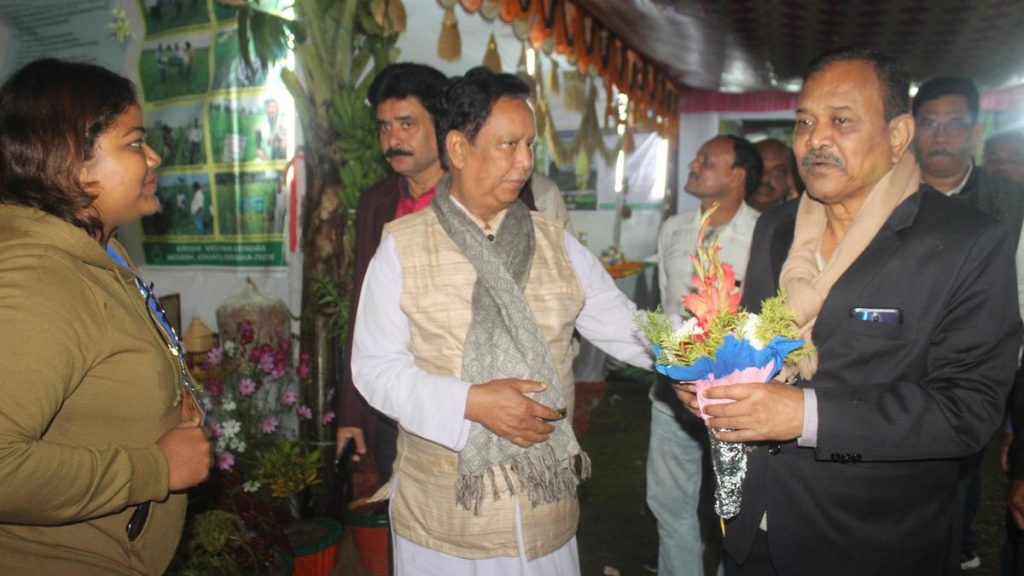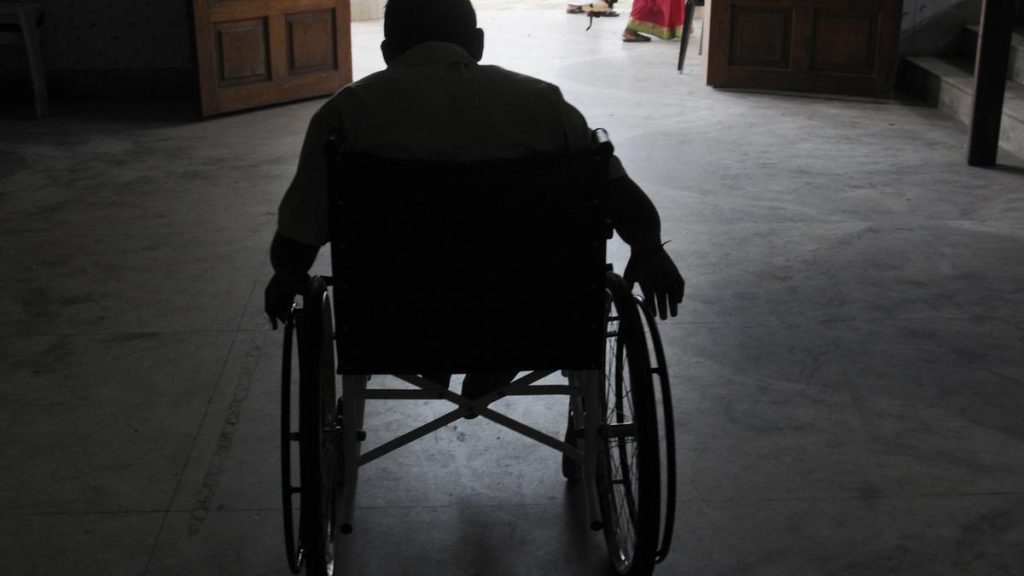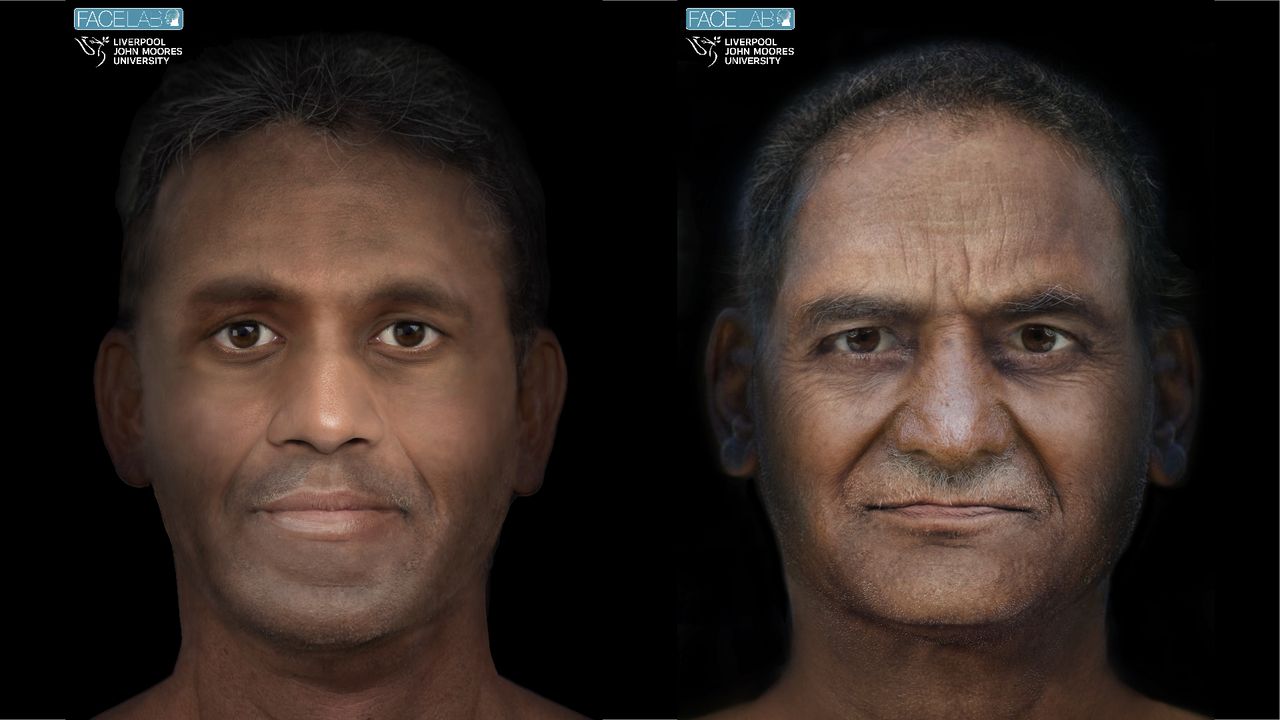Now Reading: Life-Extending Cystic Fibrosis Drug Wins Creators $250,000 ‘American Nobel’ Prize
-
01
Life-Extending Cystic Fibrosis Drug Wins Creators $250,000 ‘American Nobel’ Prize
Life-Extending Cystic Fibrosis Drug Wins Creators $250,000 ‘American Nobel’ Prize

Speedy Summary
- Award Details: The Lasker-DeBakey Clinical Medical Research Award of $250,000 was given to three scientists-Dr. Michael Welsh from the University of Iowa, Paul Negulescu from Vertex Therapeutics, and Jesús (Tito) González from Integro Theranostics-for their role in creating a breakthrough cystic fibrosis (CF) treatment named Trikafta.
- Historical Impact: Trikafta extends CF patients’ lifespans significantly. Those starting treatment early are expected to live near-average lifespans, with the estimated median age rising to 65 years for individuals born between 2020-2024 compared to deaths in early childhood in the 1930s or before age 40 as recently as a decade ago.
- How It Works: CF is caused by mutations in the CFTR gene that result in thick mucus buildup affecting vital organs. Trikafta combines three drugs targeting ion transport issues and malfunctions associated with this gene mutation.
- Scientific Contributions:
– Dr. Welsh’s research identified key physiological defects caused by common CF mutations and methods to correct them at a cellular level.
– González co-invented technology enabling rapid testing of potential drugs for addressing molecular defects linked with CFTR mutations.
– Negulescu led drug progress efforts that culminated after several iterations into Trikafta’s approval in 2019.
- Patient Benefits: Reduced hospitalizations,fewer lung transplants required,improved quality of life for affected individuals.
Indian Opinion Analysis
The success story behind Trikafta highlights the transformative impact cutting-edge biomedical research can have on genetic disorders like cystic fibrosis. For India-a country grappling with inequities in healthcare access-the innovation underscores two key areas: early intervention benefits and scalable therapeutic models for rare diseases. While treatment options like Trikafta remain costly globally and India faces affordability barriers unique to its socio-economic context-investments into similar research could address conditions relevant locally such as sickle-cell anemia or thalassemia.
Moreover, India’s burgeoning biotech sector offers opportunities but necessitates sustained collaboration among scientific institutions and pharmaceutical enterprises akin to what enabled breakthroughs exemplified by this award-winning team. Fostering cross-disciplinary expertise could help Indian researchers move closer toward impactful medical solutions accessible at population levels.

























